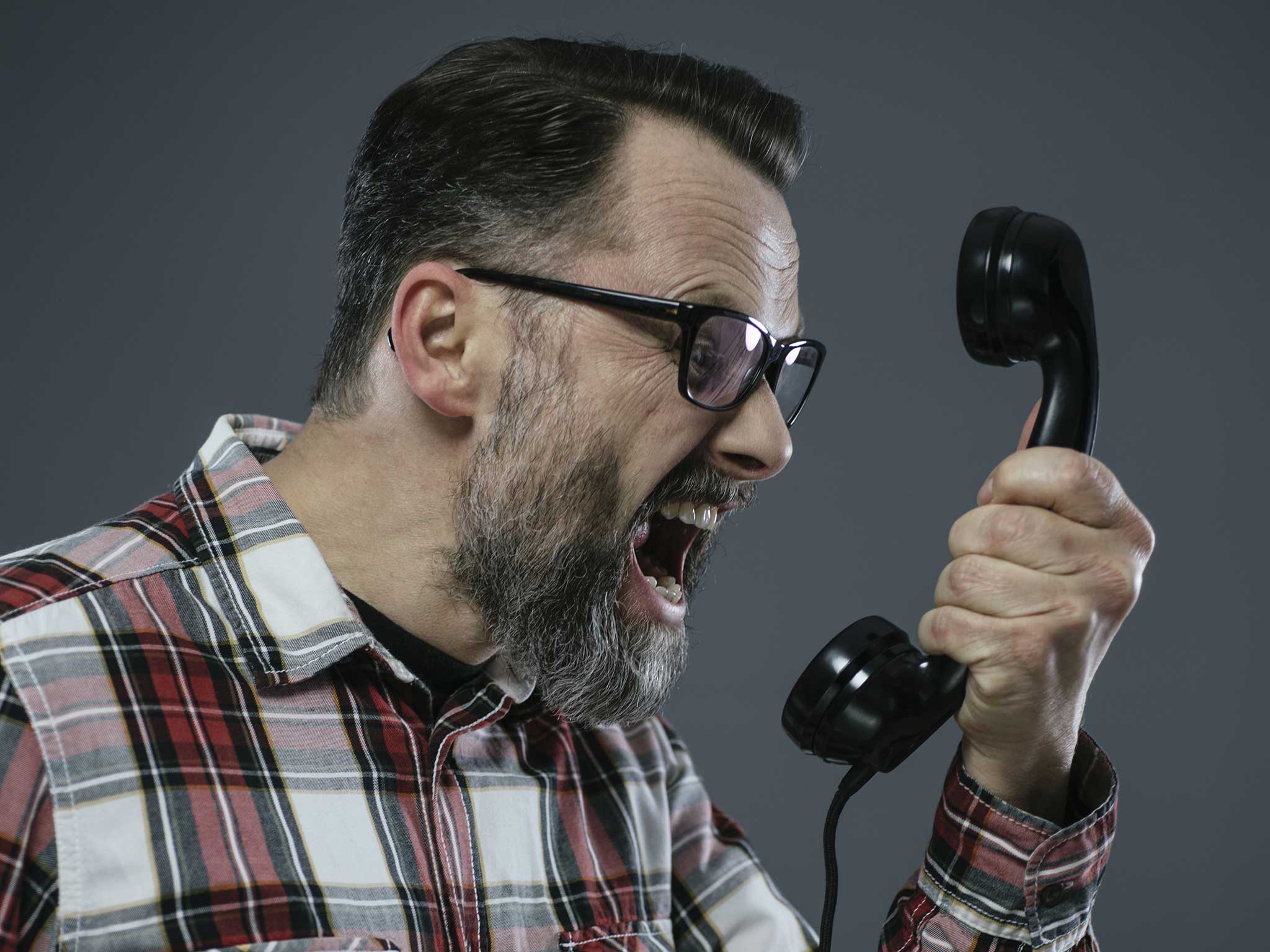People who are really good at swearing have an important advantage
In the journal entry, the co-authors wrote: “We cannot help but judge others on the basis of their speech."

Your support helps us to tell the story
From reproductive rights to climate change to Big Tech, The Independent is on the ground when the story is developing. Whether it's investigating the financials of Elon Musk's pro-Trump PAC or producing our latest documentary, 'The A Word', which shines a light on the American women fighting for reproductive rights, we know how important it is to parse out the facts from the messaging.
At such a critical moment in US history, we need reporters on the ground. Your donation allows us to keep sending journalists to speak to both sides of the story.
The Independent is trusted by Americans across the entire political spectrum. And unlike many other quality news outlets, we choose not to lock Americans out of our reporting and analysis with paywalls. We believe quality journalism should be available to everyone, paid for by those who can afford it.
Your support makes all the difference.Those who are liberal in their use of swear words are not the lazy and uneducated individuals they are often made out to be, a new study claims.
In fact, a well-stocked vocabulary of swear words is actually a healthy indicator of other verbal abilities.
Writing in the Language Sciences journal, US-based psychologists Kristin Jay and Timothy Jay, dismiss the long-held belief that swearing is a sign of inarticulateness.
Working with the “poverty of vocabulary” concept (the assumption that people swear because they lack the intellectual capacity to find another way to express themselves) their experiment aimed to find out whether those more fluent in the art of swearing are less fluent in other forms of vocabulary.
Using students as research subjects the psychologists then asked their participants to say as many different swear words as they could think of in 60 seconds. Other non-swearing tasks such as saying as many animal names in the same space of time were also set to compare the findings.
The results found that volunteers who could produce the greatest quantity of swear words could also produce the most words in other categories. If the “poverty of vocabulary” explanation was true then the opposite should have been the case.
In the journal entry, the co-authors wrote: “We cannot help but judge others on the basis of their speech. Unfortunately, when it comes to taboo language, it is a common assumption that people who swear frequently are lazy, do not have an adequate vocabulary, lack education, or simply cannot control themselves.
“The overall finding of this set of studies, that taboo fluency is positively correlated with other measures of verbal fluency, undermines the POV [Poverty of Vocabulary] view of swearing. That is, a voluminous taboo lexicon may better be considered an indicator of healthy verbal abilities rather than a cover for their deficiencies.
"Speakers who use taboo words understand their general expressive content as well as nuanced distinctions that must be drawn to use slurs appropriately.”
Join our commenting forum
Join thought-provoking conversations, follow other Independent readers and see their replies
Comments